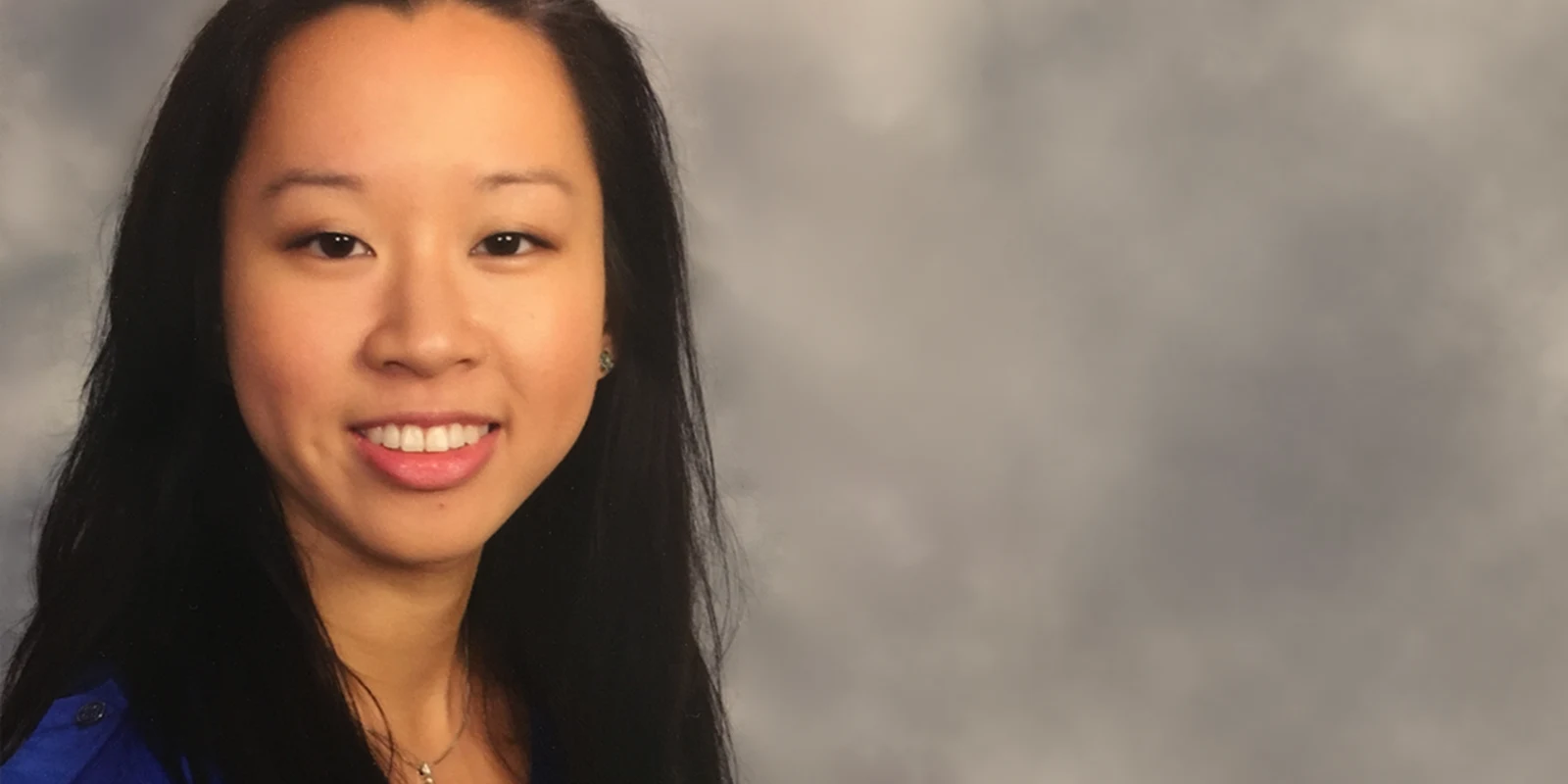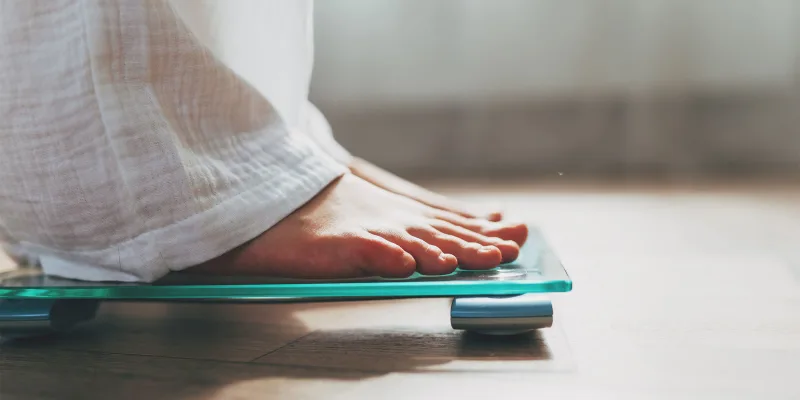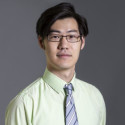
Name: Carmen Wong, MD
Specialty: Physical Medicine/ Rehabilitation
Education: University of Colorado, Virginia Commonwealth University School of Medicine
Areas of Expertise: Sports Medicine
Current Position: Sports Medicine Fellow — VCU/Bon Secours
1. Why did you choose physical medicine and rehabilitation?
I chose physical medicine and rehabilitation (PM&R) because I liked the idea of treating the whole patient and understanding the biomechanical dysfunctions that can underlie pain and joint issues. It’s a great field that provides me the depth and breadth of experience in all aspects of a patient, and I also get to take care of the most amazing athletes, able-bodied and disabled, across all spectrums of disease conditions to promote quality of life and overall function.
2. What is it like working in such a multidisciplinary field where you work with nurses, therapists, social services, orthopedic surgeons, and others?
Working in an interdisciplinary field where the patient is at the core of patient care can be challenging, but it has been mostly rewarding and a necessity since we take care of patients with many complex and chronic diseases. Their care requires a team of nurses, therapists, and specialists to manage the different interplay of systems involved in their healthcare. You learn transferable skills in team building, teamwork, communication, and understanding that each specialist brings his or hers expertise to treat the patient as a whole person.
3. What is the last journal article or piece of research that significantly changed your practice?
I recently read an article that I did not agree with in regards to its results and study design that was published in a major medical journal — it made me look at research with more of a critical eye and to always ask questions and be critical. Oftentimes, with the ideas of “publish or peril” and p-value hacking, we need to be more cognizant of the quality of research that’s produced and published.
4. Outside of your daily practice, do you have any personal or professional projects that you’re passionate about?
I am very interested in topics pertaining to women in medicine, implicit bias, physician leadership, and the role subconscious bias can play in the promotion of females in their career. I recently started a personal project to open the conversation among women in medicine, and to explore the different ways female physicians and women in high-performance jobs manage conscious and subconscious gender bias in their daily work. I’m working on gathering stories of women in medicine and exploring their opinions and thoughts on their work culture, stories related to gender bias they’ve encountered along the way, and suggestions, tips and tricks they have in handling issues and situations related to gender. I am hoping to either edit, produce and post in podcast format or it may be a written publication piece; I haven’t quite decided yet.
5. What is a common misconception that other clinicians have about physical medicine and rehabilitation?
Physiatrists (PM&R trained physicians) are not only pain physicians that see back pain. We do so much more than that! And we also aren’t only inpatient rehab doctors. In both an inpatient and outpatient setting, we manage neuromuscular patients, chronic and acute musculoskeletal conditions, pediatrics, stroke, spinal cord injury and amputees and the various issues that can arise, and promote functional medicine and quality of life. We understand the inter-relationships between the musculoskeletal system and peripheral nervous system and we understand the biomechanical dysfunctions that occur in one aspect or joint of the body that can affect a seemingly different aspect of the body.
6. What’s the best advice you’ve ever received?
Let go of the notion of a perfect job. Instead, have a vision for your life and career and what you value in the next several years because you never know what may happen in your job that will require flexibility. As long as you stay true to your values, you will create a life and a career that is fulfilling.
7. How do you unwind after a challenging day?
Yoga is a big part of my life, and I’ve recently gotten into meditation and often use Headspace.
8. How do you motivate patients to do what’s best for their health?
Motivational interviewing is a skill that often is overlooked and not taught in medicine. The best way to start motivating patients is to empathize with where they are in their situation and assess their stage of change to make sure you both are speaking on the same page; I find the message gets across better that way.
9. What is the biggest challenge or obstacle in physical medicine and rehabilitation?
I think the biggest challenge of PM&R as a field is to market itself as a specialty. We overlap with other specialities so much that sometimes I feel it can be difficult for even those in healthcare to truly understand what physiatrists do. We take care of patients with acute or chronic orthopedic and neurological conditions with the overall goal of promoting function, quality of life, and independence — and because of our understanding of inter-relational systems, we can truly add value in the coordinated care of the patient.
10. How can women in medicine better support each other?
If we open the dialogue among women AND MEN in regards to the challenges that women face in the workforce (gender pay gap, implicit bias, work/life balance, etc.), I think we can foster a more cohesive and productive conversation among our peers, and then we can start elevating each other in our specific roles.
11. What are your favorite Doximity features and how have they helped your productivity (Dialer, DocNews, Career Navigator, e-Fax, etc.)?
DocNews and the Career Navigator has helped me with staying on top of news as well as helped me in my career search.






